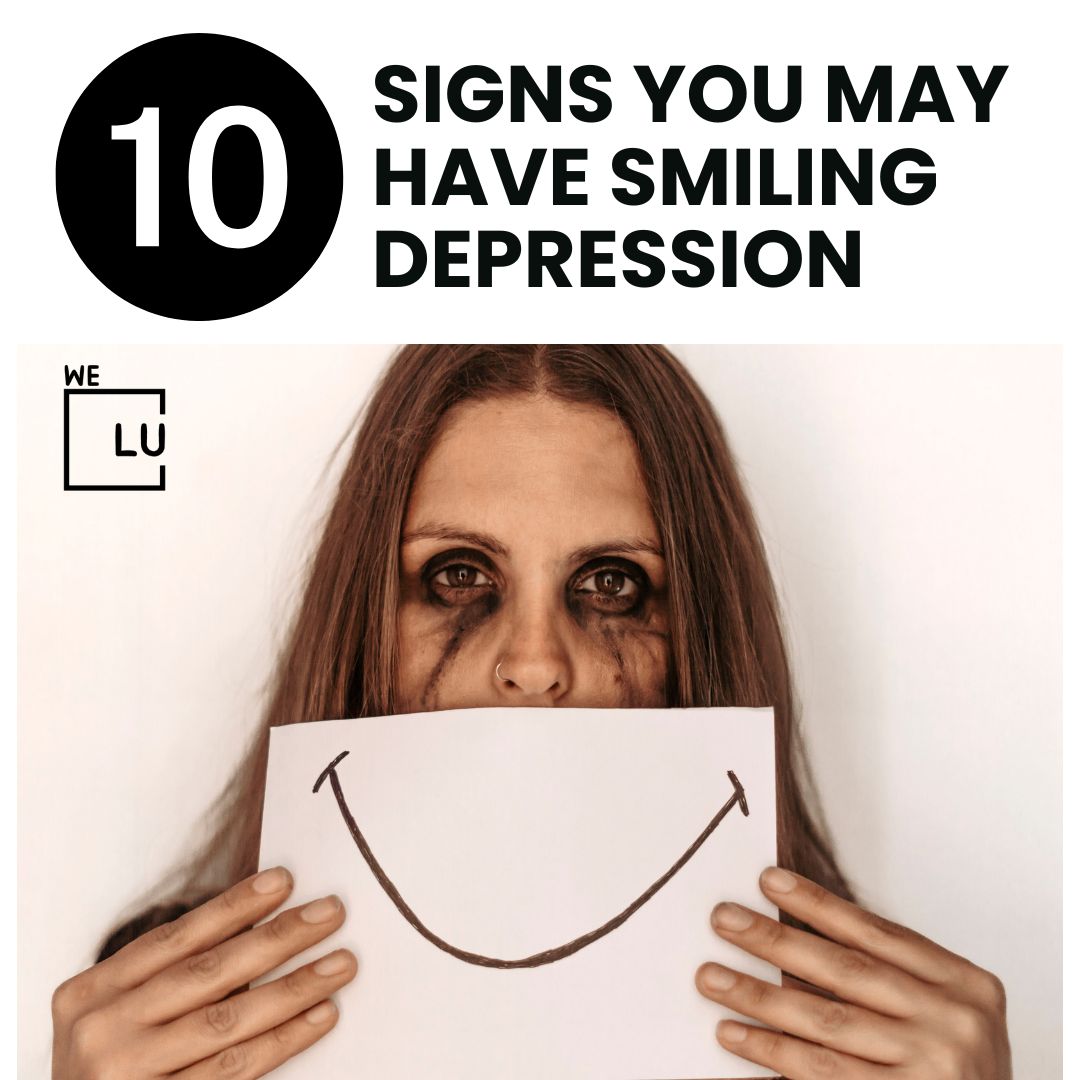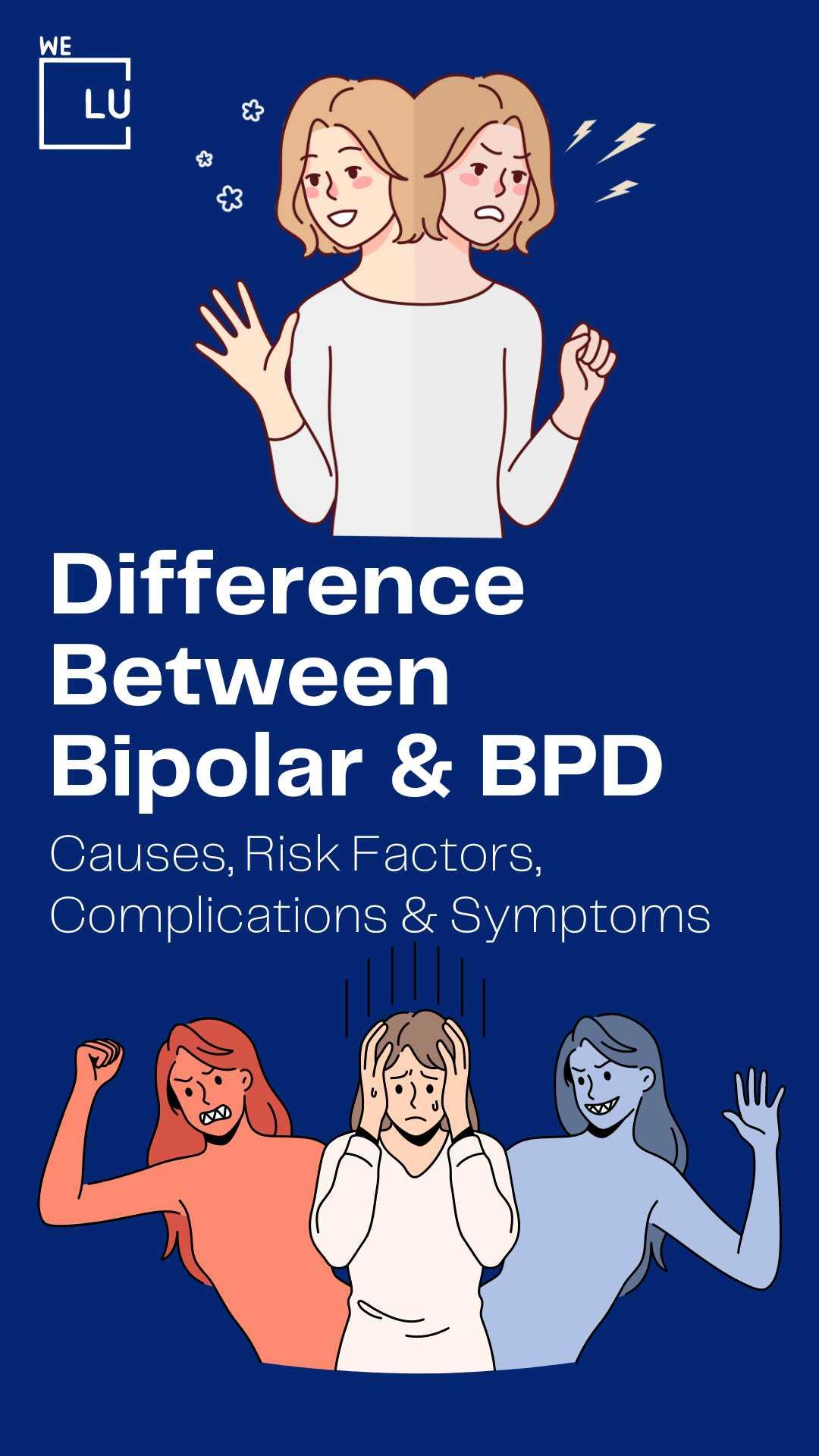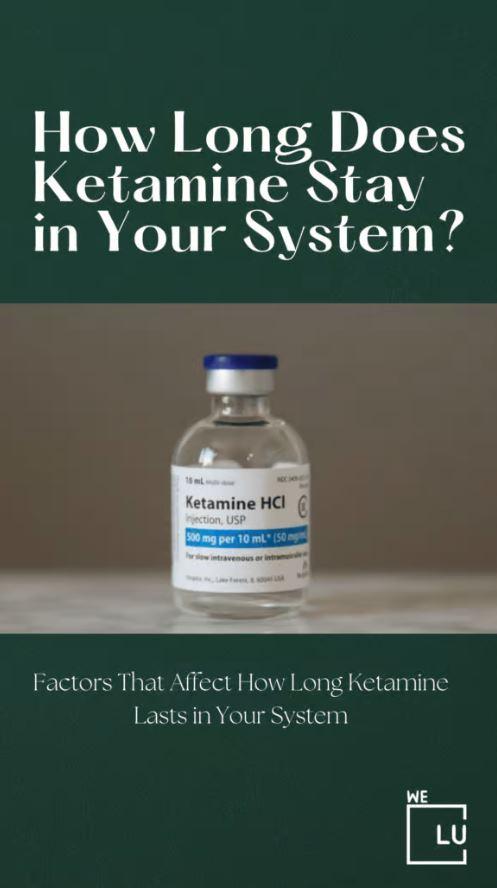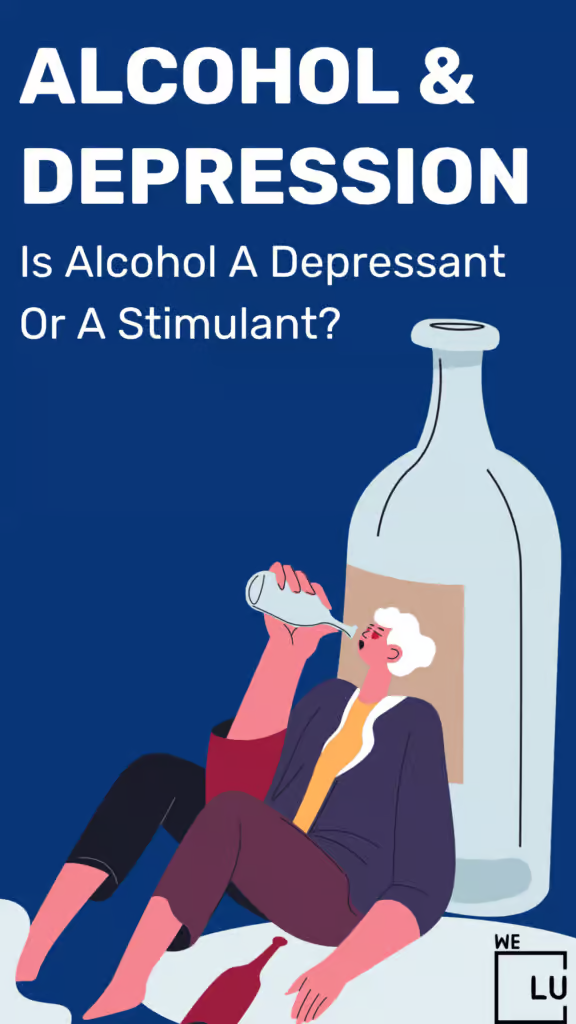What Is Avoidant Personality Disorder?
Avoidant Personality Disorder is marked by very poor self-esteem and an intense fear of rejection, criticism, and humiliation. Some experts question the validity of AVPD as an independent psychiatric manifestation rather than a disorder within the spectrum of anxiety-related pathology.
AVPD is a “Cluster C” personality disorder condition, which involves fear and anxiety; Cluster C includes avoidant, dependent, and obsessive-compulsive personality disorders.
Nonetheless, studies investigating the prevalence of this “questionable” disorder reveal rates ranging from 1.5% to 2.5%, with women being slightly more predisposed towards the development of AVPD.
Avoidant Personality Disorder Symptoms
Those affected by an avoidance personality disorder usually suffer from social anxiety; despite a strong desire to be talkative, socially interactive persons, the extreme fear of being ridiculed or rejected by other people or completely dominant groups makes self-isolation the only exit.
Intrusive thoughts about being inferior to the rest of the people end up severely hurting their self-esteem and changing social behaviors; here is a list of avoidant personality disorder symptoms:
- Avoidant individuals are preoccupied with their own shortcomings and form relationships with others.
- Showing a decreased ability to identify traits within themselves.
- Loss and social rejection are so painful that these individuals will choose to be alone rather than risk trying to connect with others.
- Fantasize about idealized, accepting, and affectionate relationships.
- Struggling with a negative self-esteem, viewing oneself as insufficient and inferior.
- Displaying excessive concern regarding criticism or disapproval.
- Demonstrating hesitancy to engage with others unless assured of acceptance.
- Encountering heightened anxiety and fear in social contexts and relationships, potentially leading to avoidance of activities involving interpersonal interaction.
- Exhibiting shyness and self-consciousness in social situations, driven by a fear of making mistakes or embarrassment.
- Inclined to magnify potential problems and misinterpret feedback as unfavorable.
- Rarely venturing into new experiences or taking risks.
Extreme symptoms of Avoidant Personality Disorder:
Some people who suffer from avoidant personality disorder often have extreme symptoms and detriments in their lives, such as:
- They see their personal development stagnant because they can not enter into relationships or have a partner or sexual partners for fear of rejection or criticism.
- They do not accept promotions or better projects to stop their professional growth because they fear criticism.
- They avoid meeting new people or making friends for fear of not being accepted.
- Development of social anxiety or other types of stress.
- Development of depression.
- Avoidants are prone to self-loathing and, in some instances, self-harm.
- Substance use disorders are also common in individuals with Avoidant Personality Disorder, particularly regarding alcohol, benzodiazepines, and opioids.

Skip to:
Learn More:
What Causes Avoidant Personality Disorder?
The causes of avoidant personality disorder are not clearly defined; a combination of social, genetic, and biological factors may influence it. The disorder may be related to inherited temperamental factors. More specifically, several anxiety disorders in childhood and adolescence have been associated with a temperament characterized by inhibition (shyness, fear, mistrust, suspiciousness, and self-consciousness).
Rejection
Many people diagnosed with avoidant personality disorders have had early traumatic experiences of parental rejection. The need to live with rejecting parents causes these individuals to ‘hunger’ for relationships, but their longing gradually creates a defensive shell against continued parental criticism.
Having suffered traumatic experiences in childhood or adolescence with peers, such as episodes of bullying, psychological abuse or social rejection, has also been associated as a triggering or aggravating factor.
Genetics
One study on AVPD estimated that genetics account for about 64% of the likelihood of developing AVPD.
Childhood Environment
Experiencing rejection and being treated differently from others during childhood may contribute to the development of AVPD. Researchers have found connections between certain temperament traits during infancy and AVPD. These include rigidity, hypersensitivity, reluctance to pursue new experiences, an above-average inclination to avoid potential harm, and heightened levels of fear and distress.
Get resources for Avoidant Personality Disorder treatment that works. Discover professional help from We Level Up’s mental health therapists. Start getting support with a free call to our mental health hotline.
Get Help. Get Better. Get Your Life Back.
Searching for Accredited Drug and Alcohol Rehab Centers Near You? We Level Up Texas Is Opening Soon!
Even if you have failed previously and relapsed, or are in the middle of a difficult crisis, we stand ready to support you. Our trusted behavioral health specialists will not give up on you. When you feel ready or just want someone to speak to about therapy alternatives to change your life call us. Even if we cannot assist you, we will lead you to wherever you can get support. There is no obligation. Call our network hotline today.
FREE Addiction Hotline – Call 24/7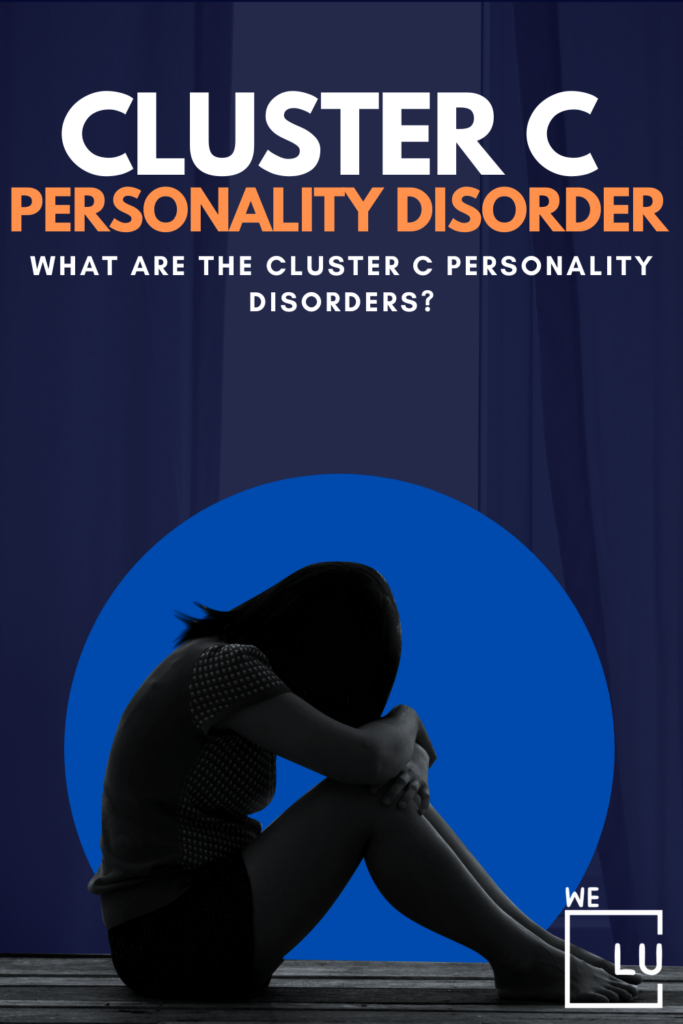
How to spot High Functioning Avoidant Personality Disorder
People with AVPD may desire social interaction but often avoid it due to their intense fear of being rejected or negatively judged by others. The patterns of behavior for people with AVPD can vary from mild to extreme.
Some people may avoid socializing with a few people or only socialize if they know others will like them due to their fear of rejection. After a strenuous analysis of whom they could trust.
Even when social interaction is not avoided entirely, people with high-functioning avoidant personality disorder usually avoid showdowns or conflicts. With a big effort, they can work with other people, but their fear of speaking up, giving a speech, maybe being afraid to say the wrong thing or blushing in front of others.
How to Love Someone With Avoidant Personality Disorder?
- The first thing to know is not to be judgemental with that person. Try to understand and respect the limits and boundaries they share with you, understanding which situations make them comfortable and which represent any ‘risk’ to their trust and confidence.
- Educate yourself about the Avoidant Personality Disorder symptoms, This knowledge can provide insights into your loved one’s perspective.
- Be empathic, recognize some activities can stress out them, and try to figure out which spaces make them feel stress-free and emotionally stable.
- Respect the boundaries and do not push them to dangerous borderlines. Respect their need for solitude and allow them to set the pace in social situations.
- Foster a safe space for your partner to express their thoughts and feelings. Encourage open communication, and be patient if they need time to articulate their emotions.
Beliefs, threats, defenses, and behavior patterns
Experts summarize the beliefs, fears, defenses, strategies, effects, and behavior patterns of an affected person:
- Self-conception: socially inadequate, incompetent, and vulnerable to discredit and rejection.
- Conception of others: potentially critical and contemptuous.
- Beliefs:
- Nuclear: “I am no good,” “I am unworthy,” “I do not deserve to be loved,” “I do not tolerate unpleasant feelings.”
- Conditional: “if others find out what I am really like, they will reject me and that will be horrible”, “if I undertake something new and don’t succeed, it will be a horror”.
- Instrumental: “it is best to stay free of risky commitments”, “if I have unpleasant feelings, I should try to suppress them right away”.
- Threat: being found to be a fraud, unattractive, humiliated, or rejected.
- Main strategy: avoidance of situations in which I may be subjected to any evaluation; cognitive avoidance of unpleasant anxiogenic thoughts.
- Dysphoria is a combination of sadness and anxiety: sadness at the absence of pleasures or reinforcements they would like to get from personal or work relationships and anxiety at the fear of having to expose themselves before professional or social situations.
- Behavioral patterns:
- Overdeveloped: social vulnerability, avoidance, inhibition.
- Underdeveloped: self-assertiveness.

Get Your Life Back
Find Hope & Recovery. Get Safe Comfortable Detox, Addiction Rehab & Dual Diagnosis High-Quality Care.
FREE Addiction Hotline – Call 24/7How is Avoidant Personality Disorder Diagnosed?
Personality disorders, including avoidant personality disorder, can be challenging to diagnose. This is because most people with one don’t think there’s a problem with their behavior or way of thinking. The medical team can make a diagnosis based on their response about relationships, previous work history, and history.
When they do seek help, it’s often due to conditions such as anxiety or depression from the problems created by their personality disorder, like isolation or a lack of friends.
When a mental health professional, such as a psychologist or psychiatrist, suspects someone might have an avoidant personality disorder, they often ask broad, general questions that won’t create an environment that the person might think of as critical or embarrassing.
Avoidant Personality Disorder Test
Our Avoidant Personality Disorder Test is designed as a tool based on symptoms and early signs for informational purposes only. It is not a substitute for professional medical advice, diagnosis, or treatment. If you have concerns about your mental health, we strongly recommend consulting with a qualified healthcare professional for a comprehensive evaluation and guidance tailored to your individual needs.
Avoidant Personality Disorder VS Social Anxiety
Imagine individuals as unique puzzle pieces with distinct shapes and patterns. In this diverse mosaic of human experiences, Avoidant Personality Disorder and Social Anxiety emerge as two distinct pieces, each contributing to the complexity of an individual’s mental and emotional landscape.
Avoidant Personality Disorder (AvPD):
Think of someone with AvPD as carrying a shield made of self-doubt and fear. These individuals often believe in their inadequacy and see themselves as fundamentally unworthy. It’s like having an internal script constantly whispering, “I am not good enough” or “I will be rejected.” Consequently, individuals with AvPD might avoid social situations altogether or only engage if they are confident of acceptance. This pattern stems from a profound fear of criticism and a persistent hesitancy to open up to others due to an ingrained sense of unworthiness.
Social Anxiety Disorder (Social Anxiety):
Now, picture someone with Social Anxiety as a delicate and emotional person, susceptible to judgment and evaluation. Social Anxiety revolves around an intense fear of being negatively scrutinized by others. It’s as if there’s an imaginary audience always ready to critique every move. This fear often leads to heightened self-consciousness, nervousness, and a strong desire to escape social situations. Unlike AvPD, where the focus is on self-worth, Social Anxiety is more about the fear of external judgment and the overwhelming worry about embarrassing oneself in public.
In essence, while both AvPD and Social Anxiety involve discomfort in social situations, AvPD centers on a deep-seated sense of personal inadequacy. At the same time, Social Anxiety revolves around the fear of external judgment and scrutiny. It’s crucial to approach these nuances with empathy and understanding, recognizing that each individual’s puzzle is unique, and therapy can play a vital role in helping rearrange these pieces into a more harmonious picture of mental well-being.
Opening Soon! First-Class Facilities & Amenities
World-Class High-Quality Addiction & Mental Health Rehabilitation Treatment
Coming Soon! Rehab Centers TourRenowned Addiction Centers. Serene Private Facilities. Inpatient Rehab Programs Vary.
FREE Addiction Hotline – Call 24/7Proven recovery success experience, backed by a Team with History of:
- 15+ Years Experience
- 100s of 5-Star Reviews
- 10K+ Recovery Successes
- Low Patient to Therapist Ratio
- Onsite Medical Detox Center
- Comprehensive Dual-Diagnosis Treatment
- Complimentary Family & Alumni Programs
- Coaching, Recovery & Personal Development Events
Avoidant Personality Disorder Treatment
Avoidant Personality disorder treatments are available with our medical team, and we offer a variety of therapies and medical-based treatments to help you cope with Avoidant Personality Disorder. If you or a loved someone is struggling with this mental health condition, treating an avoidant personality disorder is the best option for a recovery path. You can take your phone and make a private and discreet call to our specialist right now.
Avoidant Personality Disorder Specialist:
- Psychiatrists: Psychiatrists are medical doctors specializing in mental health. They can diagnose AvPD, prescribe necessary medication, and provide ongoing medication management.
- Psychologists: Psychologists are trained in assessing and treating various mental health conditions, including AvPD. They can provide therapy, such as cognitive-behavioral therapy (CBT), and help individuals develop coping strategies to manage AvPD symptoms.
Avoidant Personality Disorder Therapies:
- Psychotherapy, particularly cognitive-behavioral therapy (CBT), is often recommended for AvPD. CBT helps individuals identify and challenge negative thought patterns and beliefs, develop healthier coping strategies, and gradually face and overcome their fears and avoidance behaviors. It may also involve social skills training to improve interpersonal interactions and build self-confidence.
- Group Therapy: Group therapy can benefit individuals with AvPD by providing a supportive environment where they can practice social skills, receive feedback, and learn from others with similar experiences. Group therapy helps individuals develop a sense of belonging, reduce social isolation, and better understand their challenges and strengths.
Avoidant Personality Disorder Medication:
Medication can be a component of the treatment plan for Avoidant Personality Disorder (AvPD), but it is not typically the primary focus. AvPD is primarily addressed through psychotherapy and counseling. However, in some cases, medications may be prescribed to manage specific symptoms or co-occurring conditions. These may include:
- Antidepressants: Certain antidepressant medications, such as selective serotonin reuptake inhibitors (SSRIs) or serotonin-norepinephrine reuptake inhibitors (SNRIs), may be prescribed to alleviate symptoms of depression or anxiety commonly associated with AvPD.
- Anti-Anxiety Medications: Benzodiazepines or other anti-anxiety medications might be considered for individuals dealing with severe anxiety symptoms. However, these medications are usually prescribed cautiously due to their potential for dependence.
Overcoming Avoidant Personality Disorder. Find the Support You Need.
Overcoming Avoidant Personality Disorder is often a challenging process to go through alone. However, you can manage Avoidant Personality Disorder symptoms and successfully recover with therapy and a robust support system at the We Level Up treatment centers. If you require assistance with your recovery journey, contact a We Level Up treatment professional now. Your call is free and confidential.
Get a free rehab insurance check without any obligation.
Opening Soon! World-class, Accredited, Anticipated 5-Star Reviewed, Effective Addiction & Mental Health Programs. Complete Behavioral Health Inpatient Rehab, Detox plus Co-occuring Disorders Therapy.
FREE Addiction Hotline – Call 24/7End the Addiction Pain. End the Emotional Rollercoaster. Get Your Life Back. Start Drug, Alcohol & Dual Diagnosis Mental Health Treatment Now. Get Free No-obligation Guidance by Substance Abuse Specialists Who Understand Addiction & Mental Health Recovery & Know How to Help.
Other Personality Disorders
Start a New Life
Begin with a free call to an addiction & behavioral health treatment advisor. Learn more about our dual-diagnosis programs. The We Level Up treatment center network delivers recovery programs that vary by each treatment facility. Call to learn more.
- Personalized Care
- Caring Accountable Staff
- World-class Amenities
- Licensed & Accredited
- Renowned w/ 100s 5-Star Reviews
We’ll Call You
Search We Level Up Avoidant Personality Disorder, Mental Health Topics & Resources
Sources
- National Institute of Mental Health (NIMH). (2021). Personality Disorders.
- Skodol, A. E., Gunderson, J. G., McGlashan, T. H., et al. (2002). Functional Impairment in Patients With Schizotypal, Borderline, Avoidant, or Obsessive-Compulsive Personality Disorder. The American Journal of Psychiatry, 159(2), 276–283.
- Kantor, M. (2003). Distancing: Avoidant Personality Disorder (2nd ed.). Westport, CT: Praeger.
- Ralevski, E., Sanislow, C. A., Grilo, C. M., et al. (2005). Avoidant Personality Disorder in Individuals with Generalized Social Anxiety Disorder: What Does It Add? Journal of Personality Disorders, 19(5), 568–586.
- Ortiz-Tallo, Margarita. 978-84-368-4060-5; Clinic Psychopathology.
- Beck, A. T., Freeman, A., & Davis, D. D. (2004). Cognitive Therapy of Personality Disorders (2nd ed.). New York, NY: Guilford Press.
- American Psychiatric Association. (2013). Diagnostic and Statistical Manual of Mental Disorders (5th ed.). Arlington, VA: American Psychiatric Publishing.
- SAMSHA: Substance Abuse and Mental Health Services Administration: Co-Occurring Disorders and Other Health Conditions –
- Psychology Today – Personality Disorders
- National Institute of Mental Health (NIMH) (2024) Psychobiology of Attachment and Trauma


